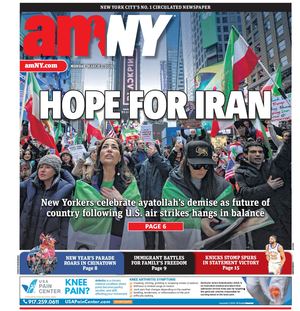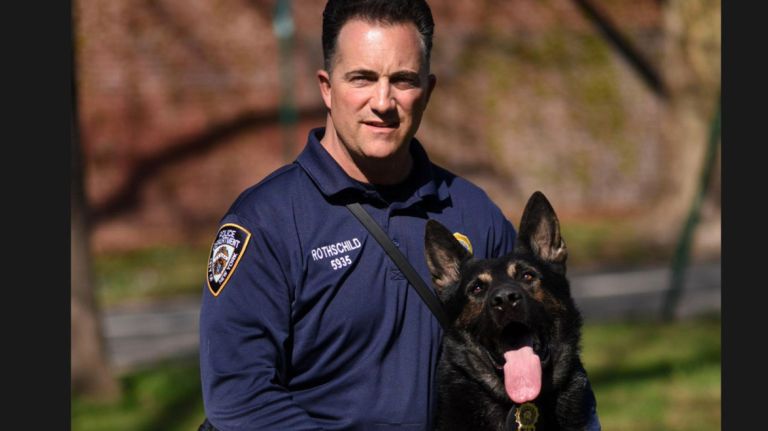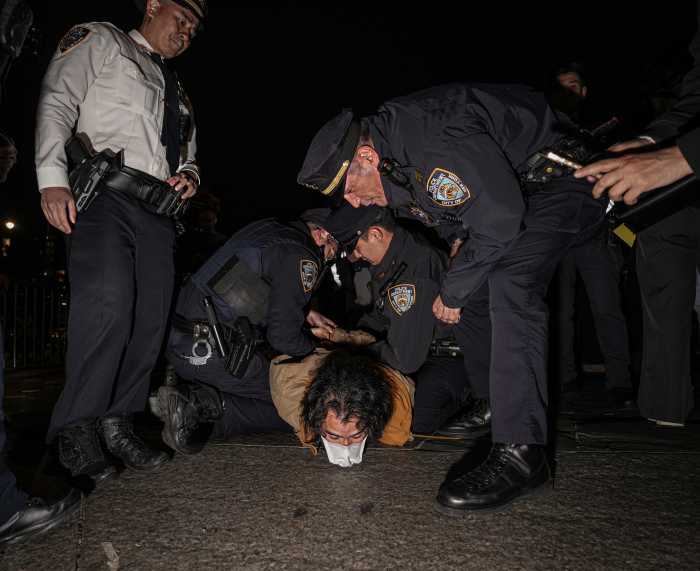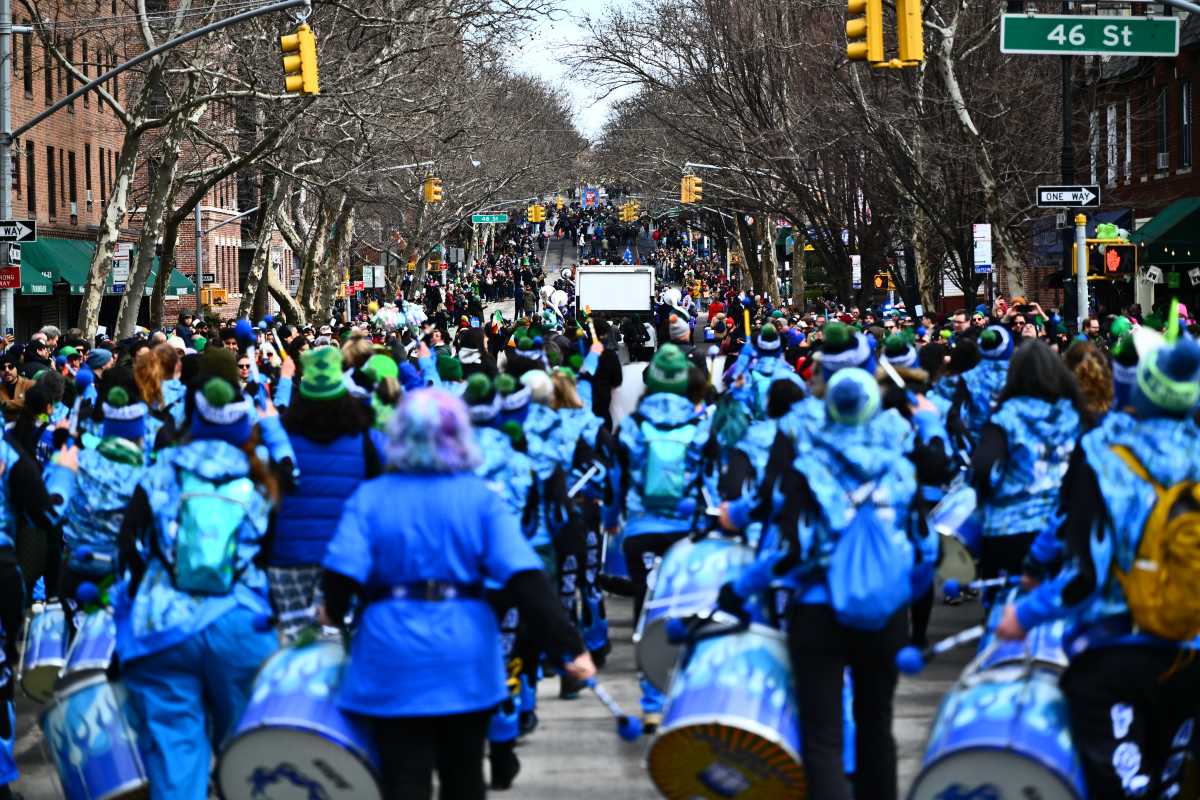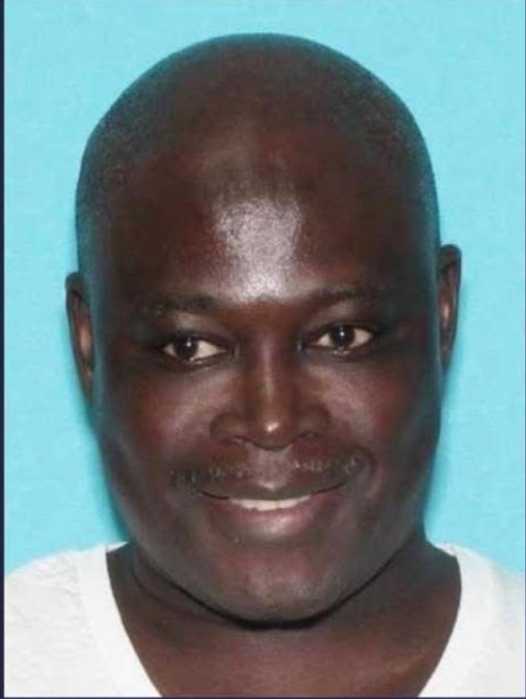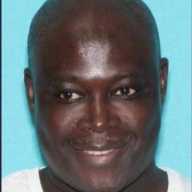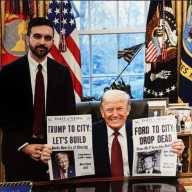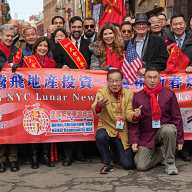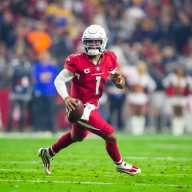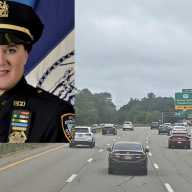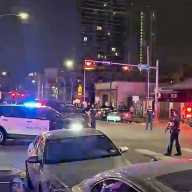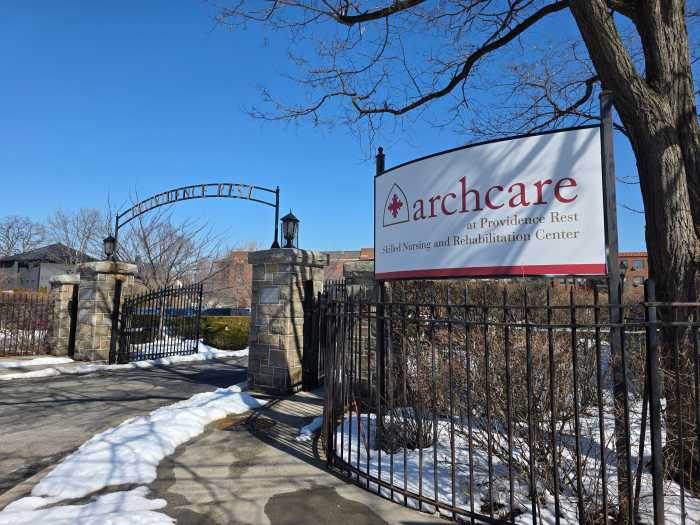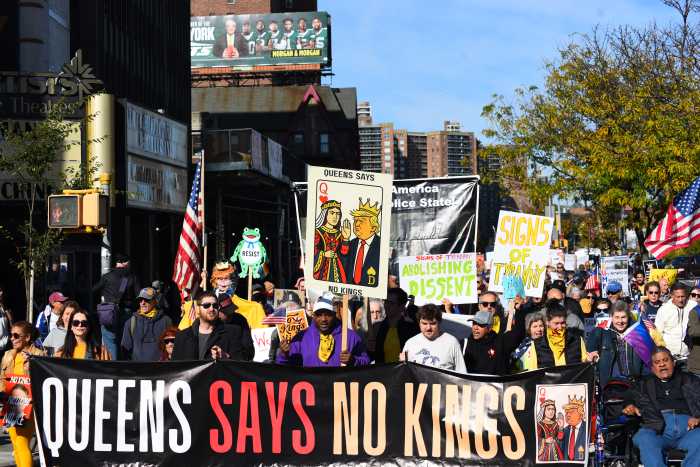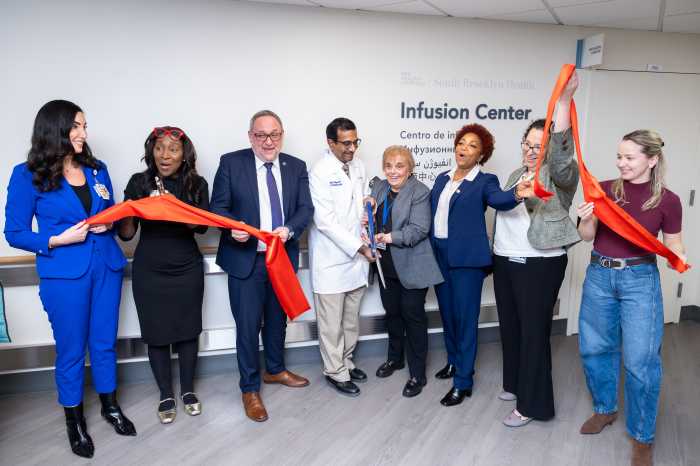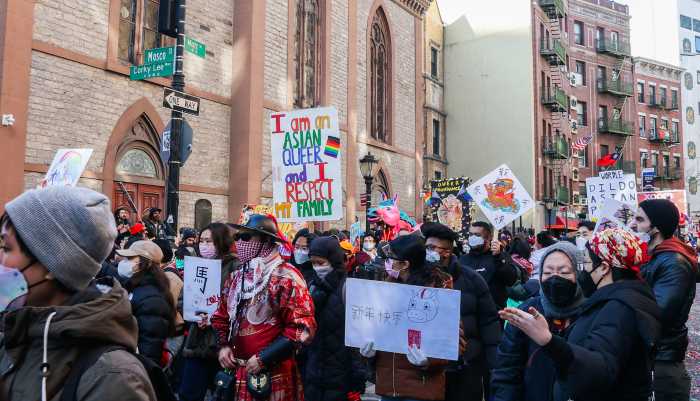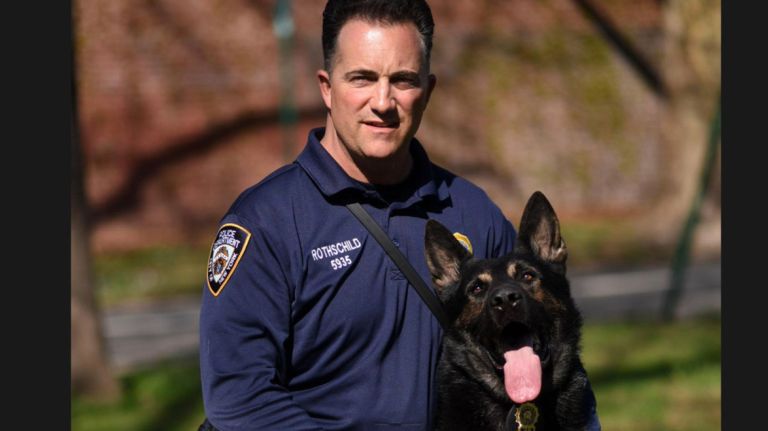
As a child, Det. Wayne Rothschild would visit the 6th Precinct bomb squad where his father once worked and end up gazing in awe at the officers’ furriest partners. Now, he’s the lead instructor of the NYPD’s largest canine unit and the newly appointed president of the nation’s oldest K-9 certification organization.
"When my father would bring me to work, every time he’d go out on call he’d tell me to go hang out with the dogs," Rothschild, 45, said in his office at the Transit Canine Unit headquarters in Queens one recent afternoon. "So, when I became a police officer, that was something I always remembered and wanted to do."
Det. Rothschild has been the lead instructor of the Transit Canine Unit since 2005, which translates to him being beloved by K-9s old and new. This weekend, he’ll be named the president of an organization that certifies police dogs on a national level, making sure they meet a unified standard when it comes to sniffing out threats.
“It’s a huge deal to have our lead instructor be the president of this organization, not only for me as his commanding officer but for the police department as a whole, certainly,” NYPD Lt. John Pappas said. “It’s never happened before in the history of the USPCA.”
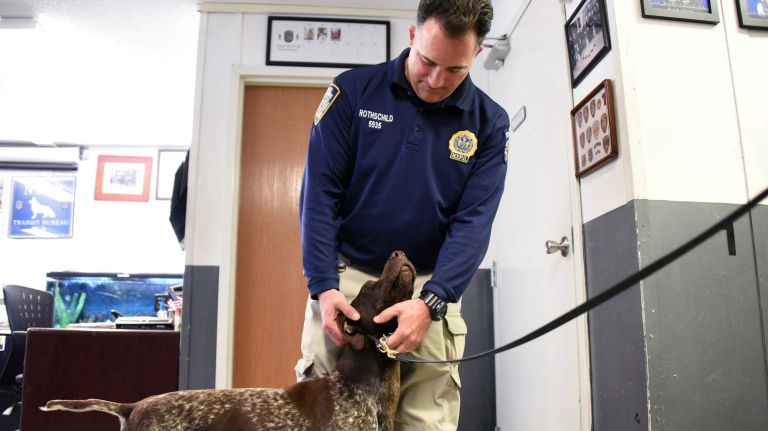
The United States Police Canine Association — commonly known around NYPD headquarters as the USPCA — is behind the certification that’s become the "de facto nationalized standard" since 1971, Pappas explained.
Rothschild, who works with his K-9 partner Cowboy, a 5-year-old German shepherd, receives the honor entering his 21st year with the NYPD. He was with the department for eight years before transferring to the Transit Canine Unit.
"When I first came to canine, I didn’t know much about dogs other than just having a pet, and from that point, my interest just expanded," Rothschild said. "I joined the USPCA board, started competing with my dog, getting certifications and further advancing my knowledge."
In 2006, Rothschild was partnered with his first K-9, Danz, a German shepherd named for Officer Vincent Danz, who died on 9/11. "Unfortunately, at the end of his [seven-year] career, he wound up coming down with kidney disease and passed" in 2015 right before retiring.
Shortly after, Rothschild teamed up with his current K-9, Cowboy, who hardly ever leaves his side.

"People that haven’t seen me in a while, they think he’s my old dog because they’re really identical," he said. "It’s just coincidence, but they’re both trained the same way, both do the exact same things. It’s almost like it’s his son."
In his new role within the USPCA, Rothschild becomes the 11th president in the organization’s 48-year history. While still leading the training of the dogs keeping our city’s subways safe, he’ll now help make sure aspiring canines outside of NYC live up to the highest working standards as well.
He’ll supervise a board comprised of police leaders from 23 regions across the country (New York and Connecticut make up region 7), each which host certification trials in various canine disciplines. The top qualifiers at each regional certification competition go on to compete nationally to earn the title of, well, top dog.
The USPCA certifies police canines in narcotic and explosive detection, arson, search and rescue and general patrol use, among other areas of expertise. Though there is no set national standard for police dog certification, the USPCA’s diploma has been recognized a the go-to test for police K-9 use.
"If they pass, and it’s a very difficult exam to pass, they’re certified as a police dog," Pappas said while his K-9 partner Palla, named for PAPD PO Paul Pallas, who died of Sept. 11-related illness, rested next to him in her cage. “Having the president working in the NYPD can bring training and resources that maybe we wouldn’t have had. And, of course, it elevates the profile of the NYPD nationally and internationally.”

NYPD Transit Unit canines get 96 hours each year of additional training to learn how to detect the latest explosive materials that could be used for an attack. Receiving training on a national level allows the K-9 to be able to properly assist in emergency situations, such as terror attacks, outside of their designated region.
During the Chelsea bombing on Sunday, Sept. 18, 2016, the NYPD was able to quickly expand its reach by joining forces with canines from New Jersey Transit Police, Amtrak Police and other nearby departments, simply because he was familiar with the way the dogs had been trained.
Pappas, who was the K-9 incident commanding officer the night of the blast, said he initially had ample resources, but that quickly changed due to the scale of the required response.
"It was a lot to have and it still wasn’t enough for what we needed to search," he said, pointing to a radius from 14th to 34th streets and Fifth to Eighth avenues. "It was physically impossible, but I got on the phone with my USPCA counterparts and before long we were able to double the number of K-9s we had."
Rothschild will be officially sworn in as the USPCA’s national president during a ceremony in Albany this weekend. He was voted into the position this year by the board presidents and members of the organization.
His gig unfortunately doesn’t come with any new responsibilities for Cowboy.
